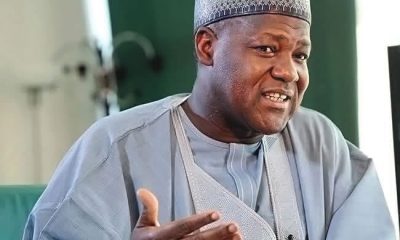As Russia seeks Global South partners and the war in Ukraine drags on, Southeast Asian states are rekindling ties with the Kremlin
“That’s very concerning. Any intrusion into the West Philippine Sea, of our [exclusive economic zone], of our baselines, is very worrisome,” said Philippine President Ferdinand Marcos Jnr, following reports of a Russian submarine’spresence within Philippine-claimed waters. Philippine navy spokesperson Roy Vincent Trinidad shared that officials in Manila were “surprised” because the submarine was “very unique”.
Under international law, foreign military vessels enjoy freedom of navigation within the 200 nautical miles exclusive economic zone of coastal states. Moreover, even Filipino officials admitted that the Russian submarine crew had clarified that they needed to temporarily surface due to bad weather en route back to Vladivostok.
Do you have questions about the biggest topics and trends from around the world? Get the answers with SCMP Knowledge, our new platform of curated content with explainers, FAQs, analyses and infographics brought to you by our award-winning team.
Nevertheless, the alarmed response from Manila underscores growing tensions between Russia and US allies such as the Philippines, which have squarely backed Ukraine in the war.
Russia’s “no limits” partnership with China and its joint exercises with the Asian superpower in the South China Sea earlier this year have spooked US allies, which fear growing military cooperation between the two countries in the Western Pacific.
Across the broader Southeast Asian region, however, Russia is enjoying a second wind by, for example, exploiting anti-Western sentiment in the Global South as the conflict in Gaza rages on. If anything, Russian President Vladimir Putin has a cult following among both regional elites and the broader masses. In countries such as Indonesia and Vietnam, most people polled by a Globescan online survey are betting on Moscow in its current conflict with Kyiv.
Intent on steering clear of US-China rivalry, countries also want to maintain robust ties with other powers such as Russia, which has no territorial and maritime disputes in the region. Despite Western sanctions and major reversals on the battlefield, Russia’s defence industry is still keen on maintaining a major foothold in Southeast Asian markets.
After years of steadily expanding its influence in the Indo-Pacific, Russia’s invasion of Ukraine in 2022 heavily undercut its charm offensive across Southeast Asia. The Eurasian power not only faced sanctions from the West but also from Singapore, a key financial and diplomatic hub in Southeast Asia. Most countries in the region also backed the United Nations General Assembly resolution condemning the all-out invasion of sovereign Ukraine.
Lacking the economic and geopolitical weight of China and India, which maintained robust trade and strategic ties with Russia, much smaller Southeast Asian nations were also wary of running afoul of Western sanctions.

A collector and seller of Russian souvenirs poses at her shop in Hanoi, Vietnam, on June 16. Photo: Reuters
US allies such as the Philippines cancelled a Mil Mi-17 helicopter deal worth at least US$215 million, and other countries announced similar reversals. Indonesia stalled a major defence contract with Russia. Vietnam, which enjoys a free-trade pact with Russia, reconsidered major commercial deals with Moscow.
The International Criminal Court’s decision to issue an arrest warrant for Putin for alleged atrocities in Ukraine further deepened Russia’s isolation. Two years into the conflict, however, Russia is steadily rebuilding its influence in Southeast Asia.
A stalemate of sorts in Ukraine, despite military support from Nato, coupled with Western support for Israel’s unprecedented bombardment of Gaza, has radically altered strategic discourse across the Global South.
With the US and its European allies confronting widespread accusations of hypocrisy, Russia has wasted no time in presenting itself as a pillar of anti-Western resistance, a victim of the transatlantic security alliance’s expansionism and a genuine partner of the Global South.
Moreover, Russia’s doctrine of “sovereign democracy” in which the state led by a charismatic strongman preserves national autonomy against Western interference is particularly attractive to illiberal regimes in Southeast Asia. Former Philippine president Rodrigo Duterte once described Putin as a “hero” and Indonesian President Prabowo Subianto reportedly admires the Russian president.
However, Southeast Asia’s attraction to Russia also has a more pragmatic genesis.
In Vietnam, which heavily relies on Russian submarines and fighter jets, officers steeped in Russian military doctrine have been trained to operate Cyrillic-script weapons systems. It is perhaps no surprise that Vietnam, which hosted Putin earlier this year, is reportedly negotiating a multibillion dollar defence deal despite Western sanctions.
According to an internal document from the Vietnamese Ministry of Finance, which has been exploring ways to circumvent sanctions through joint energy ventures in Siberia, Hanoi is determined to “strengthen strategic trust” even if “Russia is being embargoed by Western countries in all aspects”.
For other non-aligned Southeast Asian nations such as Indonesia and Malaysia, both long-standing customers of Russian weaponry, the prospect of improved US-Russia ties in the coming Trump administration could ease the resumption of historically warm strategic ties with Moscow.
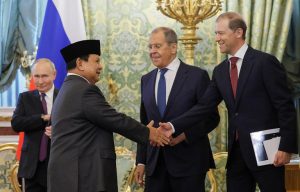
Then-Indonesian president-elect Prabowo Subianto (second left) shakes hands with Russian deputy prime minister Denis Manturov (right) during a meeting with Russian President Vladimir Putin (far left) and Russian foreign minister Sergey Lavrov (centre), in Moscow, on July 31.
Southeast Asian states are already welcoming direct military cooperation, including the first-ever joint Indonesian-Russian naval exercises in the Java Sea last month. Taking place just weeks after Prabowo assumed the presidency, the exercise involved the two sides conducting counterterrorism drills and simulating warfare against unmanned boats.
Meanwhile, countries in the region have worked with Russian energy companies to develop offshore resources, including in contested waters claimed by China.
Non-aligned countries such as Vietnam, Indonesia and Malaysia see Russia as a potential partner in creating a post-Western multipolar order. Some are keen to join the Brics grouping of non-Western powers. A pariah in the West, Putin’s Russia is steadily rebuilding ties with lucrative markets and receptive audiences in Southeast Asia.
More Articles from SCMP
Hong Kong’s Cleo Lai, 2, celebrates new life thanks to heart donated from mainland China
Hong Kong Squash Open: Gohar seals title and world No 1 spot with win, Farag falls short
Understanding social anxiety: symptoms, misconceptions and how to seek help
From baby teeth to adult height: the amazing journey of human growth
This article originally appeared on the South China Morning Post (www.scmp.com), the leading news media reporting on China and Asia.
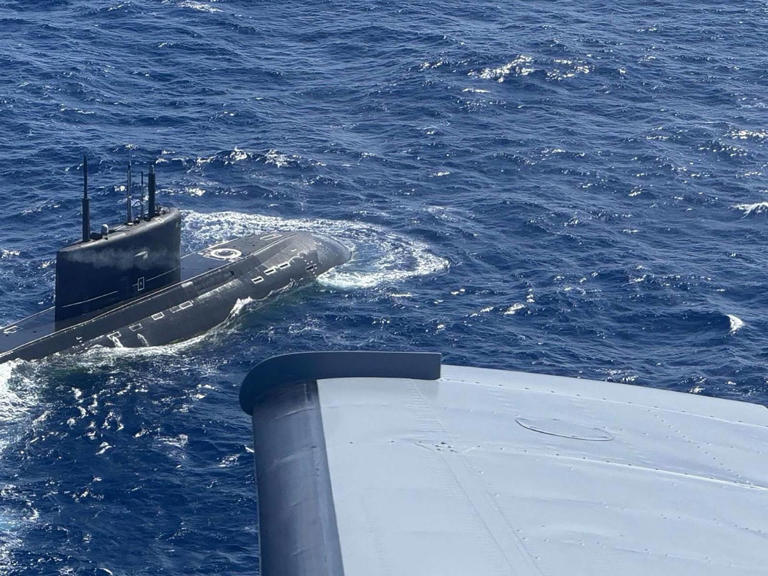
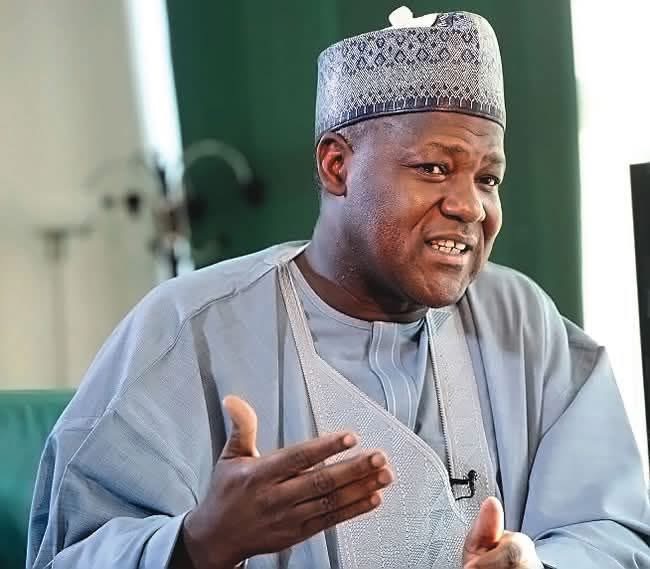
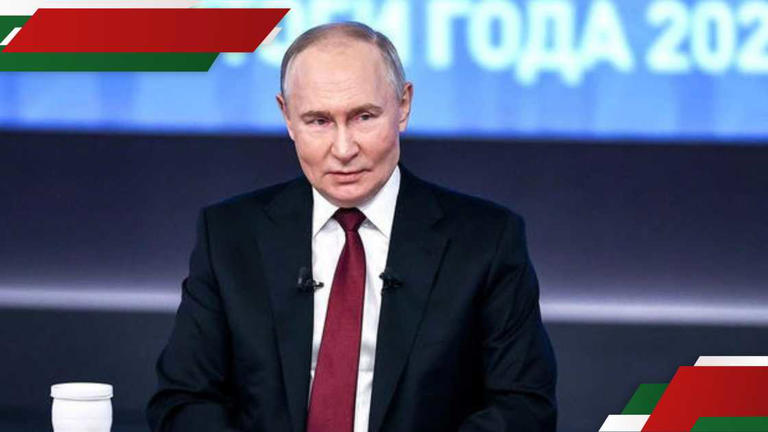

 Business10 months ago
Business10 months ago
 Politics7 months ago
Politics7 months ago
 SportsNews10 months ago
SportsNews10 months ago
 Politics10 months ago
Politics10 months ago
 Politics7 months ago
Politics7 months ago


